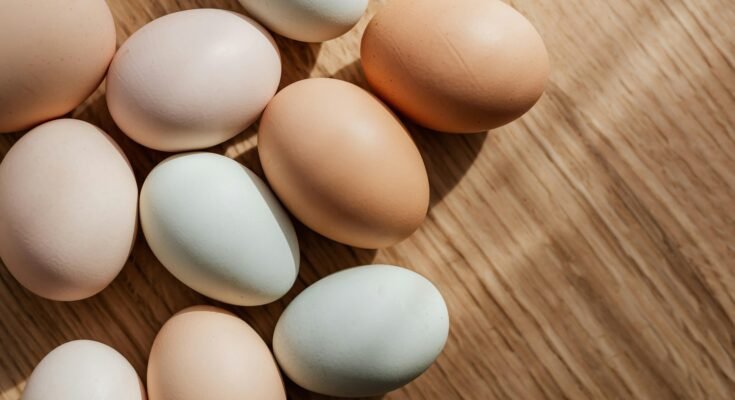Proteins are macronutrients that play a significant role in various bodily functions. No benefits of protein are left uncounted, from building muscle and maintaining immune function. Here’s a thorough explanation of why protein plays such a prominent role in health and how each way positively acts on the health aspect.
(i) Aids in muscle growth and repair.
Proteins are made of amino acids which are the basic building blocks of muscle tissue. Physical activity, specifically resistance training or high-intensity exercise, leads to mechanical overload on the muscles and microscopic tears in these muscles. With adequate intakes of proteins, the body is able to repair and regenerate these muscle cells, leading to growths in the muscle with the attendant increase in strength.
(ii) Aids in losing weight.
Protein gives a full and satiating feeling. This might help in the reduction of consumption and, hence, calorie intake during a particular meal. Other studies indicated that a high consumption of protein could increase protein turnover, causing a decrease in appetite and hence more effective weight loss and maintenance.
(iii) Aids bone health.
Adequate protein has been shown to produce beneficial effects on bone health. That is done through mechanisms that increase calcium retention and its absorption, hence leading to higher bone density that brings down the risk of bone mineral disease such as osteoporosis and fracture. This can be of increasing importance as human age advances since there is a decline in bone density.
(iv) Support immune function.
Proteins help control immune function. Antibodies are indeed proteins that fight of infections. A diet high in proteins would keep an assurance that there are adequate resources for the body to develop and build and sustain a strong immune defense.
5. Hormonal Control
Most hormones present in the body whether as active components or in their synthesis are proteins. For instance, insulin is a protein hormone which functions in blood sugar regulation while ghrelin, appetite regulating hormone, is a protein based hormone. A well balanced diet containing sufficient proteins enables the activities of the most based hormones.
6. Enzyme Production
Several biochemical actions in the body such as digestion, secretion, detoxification, and even clotting are facilitated by proteins known as enzymes. For such fundamental and complex functions to take place, it suffices that the diet contains enough proteins.
7. Healthy Skin, Hair, and Nails
Keratin, collagen, as well as elastin are considered to be important components of skin, hair and nails. Hence, adequate protein intake helps in retaining the elasticity of the skin, strength of the nails and lustre as well as the length of the hair.
Sources of Proteins
Proteins can be obtained from both plants and animals. Take for instance the following examples;
Animal Sources:
Lean meats(chicken, turkey, beef)
Fish and seafood
Eggs
Dairy Products(milk, cheese, yogurt)
Plant Sources:
Legumes: Beans, field peas, lentils, chick peas and so on.
Nuts: Nuts and seeds.
Whole cereals e.g. quinoa, brown rice etc.
Soy products: Tofu; tempeh etc.
How Much Protein Do You Need?
How Much Protein Should You Be Consuming?
The recommended protein intake RDA is further categorized for several ages, sex, and even activity levels. Generally, the RDA may be put at about forty-six grams per day for women and fifty-six grams per day for men.



